Shanghai Hosts 2025 World Cities Day Global Conference
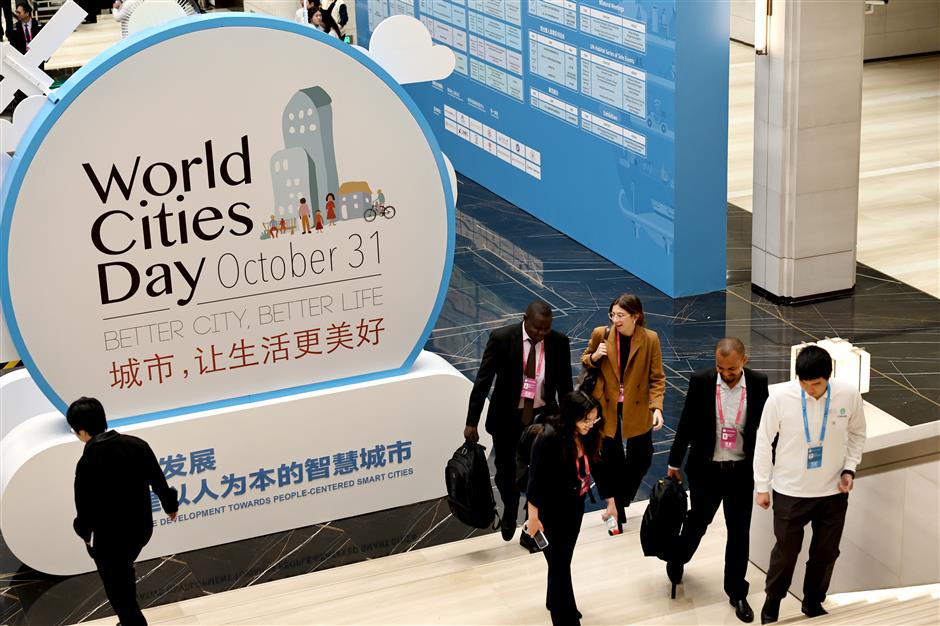
The 2025 World Cities Day SDG Cities Global Conference opened on Sunday at the Grand Halls on the North Bund under the theme "Innovative Development Towards People-Centered Smart Cities."
The two-day event, held to mark World Cities Day, was co-hosted by UN-Habitat and the Shanghai government.
About 400 participants from governments, cities, international organizations, businesses and research institutions took part.
Many mayors from the Yangtze River Delta region gathered in Shanghai to discuss how cities can work together on innovation and sustainability.
The Chinese version of the 2025 Shanghai Manual: A Guide for Sustainable Urban Development in the 21st Century was released.
The manual, first published in 2011, shares global practices in urban innovation and governance. The 2025 edition includes 21 case studies from 19 cities in 11 countries.
The conference also released the 2025 Shanghai Index Application Report, which tracks cities' progress toward the United Nations Sustainable Development Goals (SDGs).
The Shanghai Awards for Global Urban Sustainability will be presented on October 31 in Bogotá, Colombia, recognizing cities that have made strong progress in sustainable development.
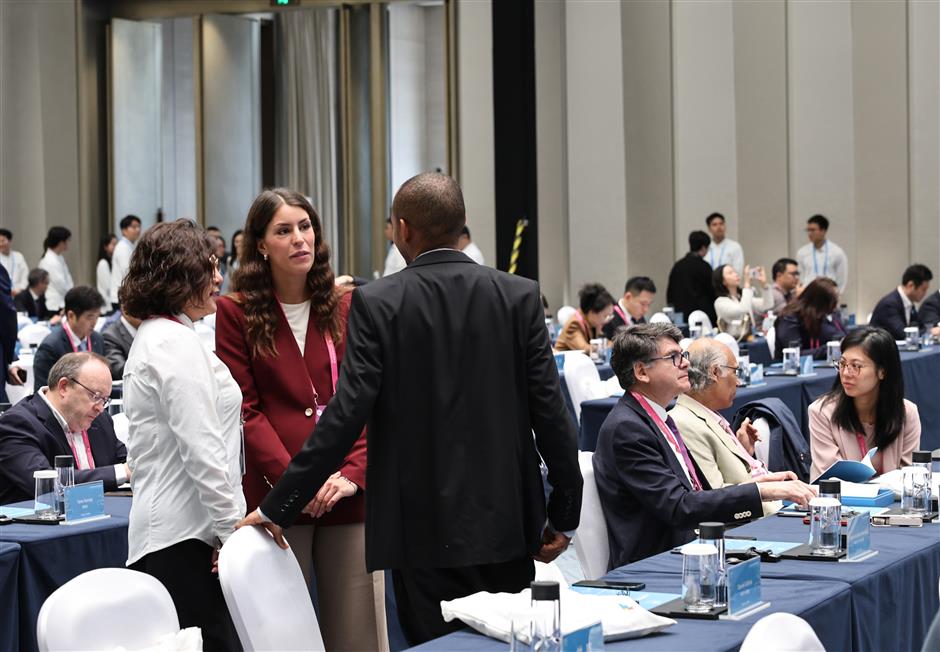
Two local cases are highlighted in the latest Shanghai Manual.
In Pudong's Dongming Subdistrict, local officials built a "digital community" using metaverse technologies such as augmented reality, digital twins, and blockchain.
The goal is to help residents, especially young people, take part in community life in a neighborhood with many elderly residents.
Residents can enter a virtual version of their community, follow local news, join online activities, and earn digital badges for participation.
Since its launch, the project has received more than 1,200 community proposals, with over 30 already implemented. The project shows how digital tools can connect people and improve local governance.
In another case, Shanghai's Metro system, one of the largest in the world, has introduced a "Smart Maintenance" program that uses big data, artificial intelligence, and cloud technology to manage equipment and improve service.
The system monitors 21 Metro lines and more than 500 stations. It has reduced the average time to fix faults from 60 minutes to 20 minutes and cut passenger delays by two-thirds.
The program also improves safety and reduces costs. The project offers a model for other cities seeking to make public transport safer and more efficient.
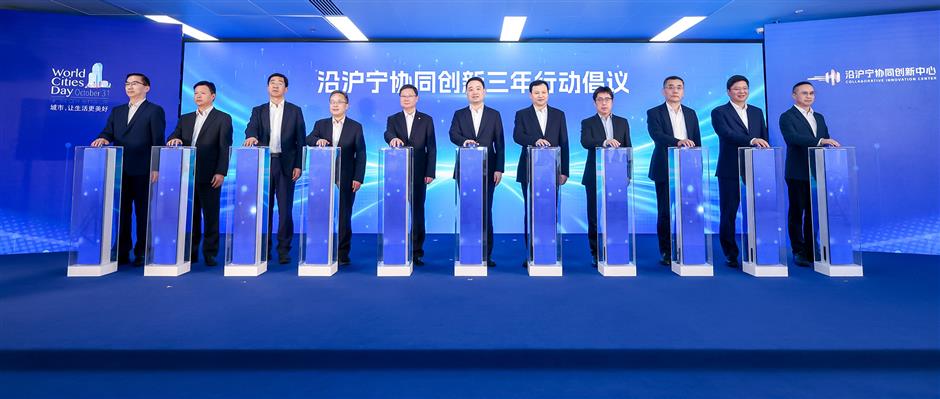
Yangtze River Delta collaboration
Alongside the main conference, Shanghai's Putuo District hosted the Technology and Industrial Collaborative Innovation Day under the World Cities Day series.
Mayors and officials from nine cities along the Shanghai-Nanjing corridor – including Nanjing, Wuxi, Changzhou, Suzhou, Nantong, Yangzhou, Zhenjiang and Taizhou – joined to promote cross-city innovation.
The Shanghai-Nanjing Industrial Innovation Belt is one of China's most active economic regions. In 2024, the area's total GDP reached 15.9 trillion yuan (US$2.2 trillion), or about 12 percent of China's economy.
New initiatives were launched, including innovation alliances in biomedicine, AI and new energy. The event also introduced an online "Collaborative Innovation Marketplace" and a Technology Managers Alliance to link researchers and industries.
These efforts aim to strengthen cooperation, speed up technology transfer, and boost regional innovation across the Yangtze River Delta.
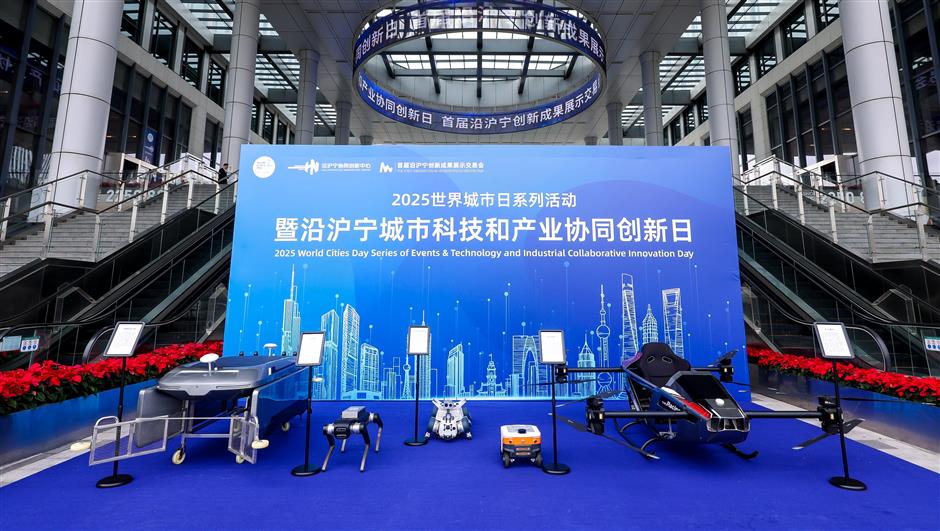
In Case You Missed It...
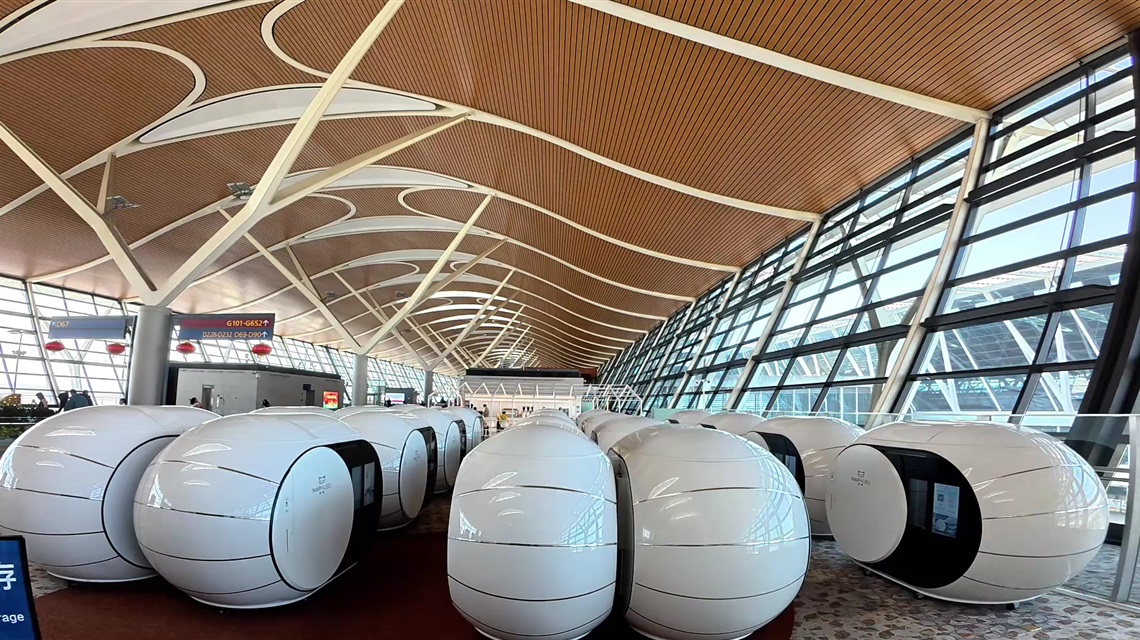
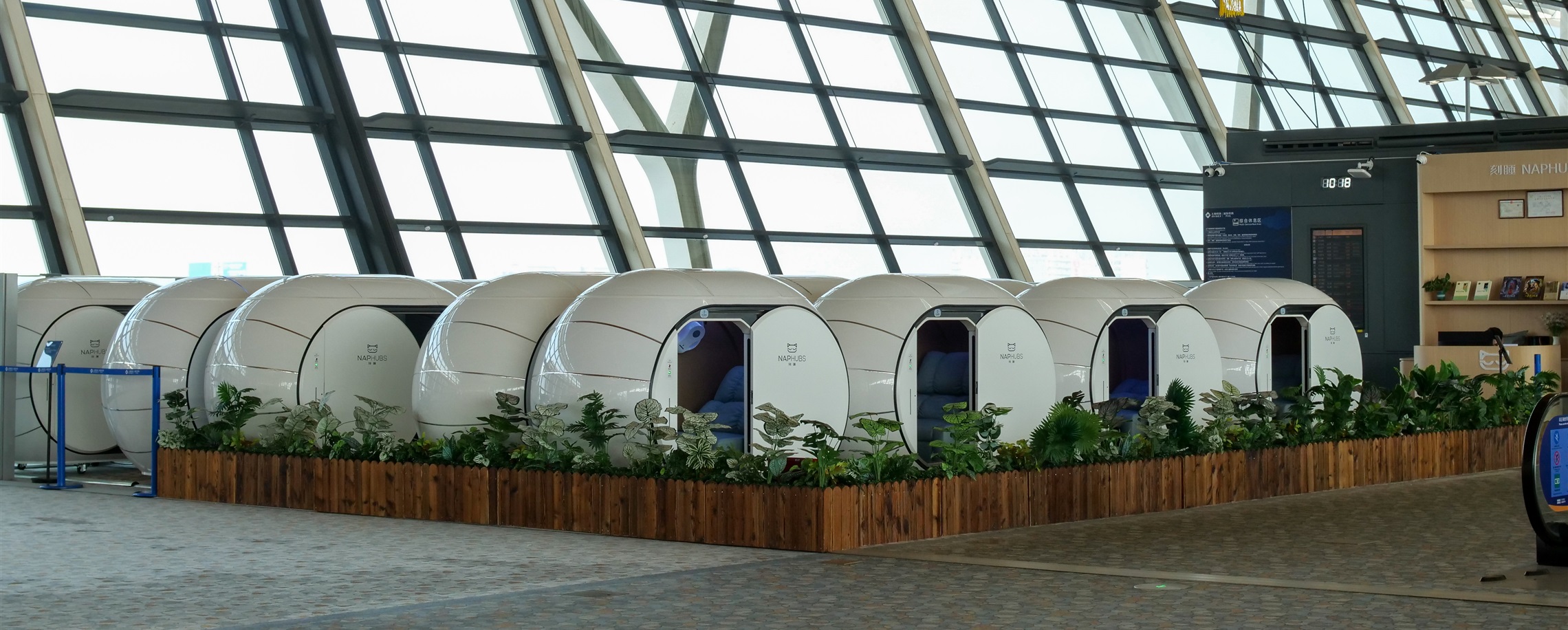
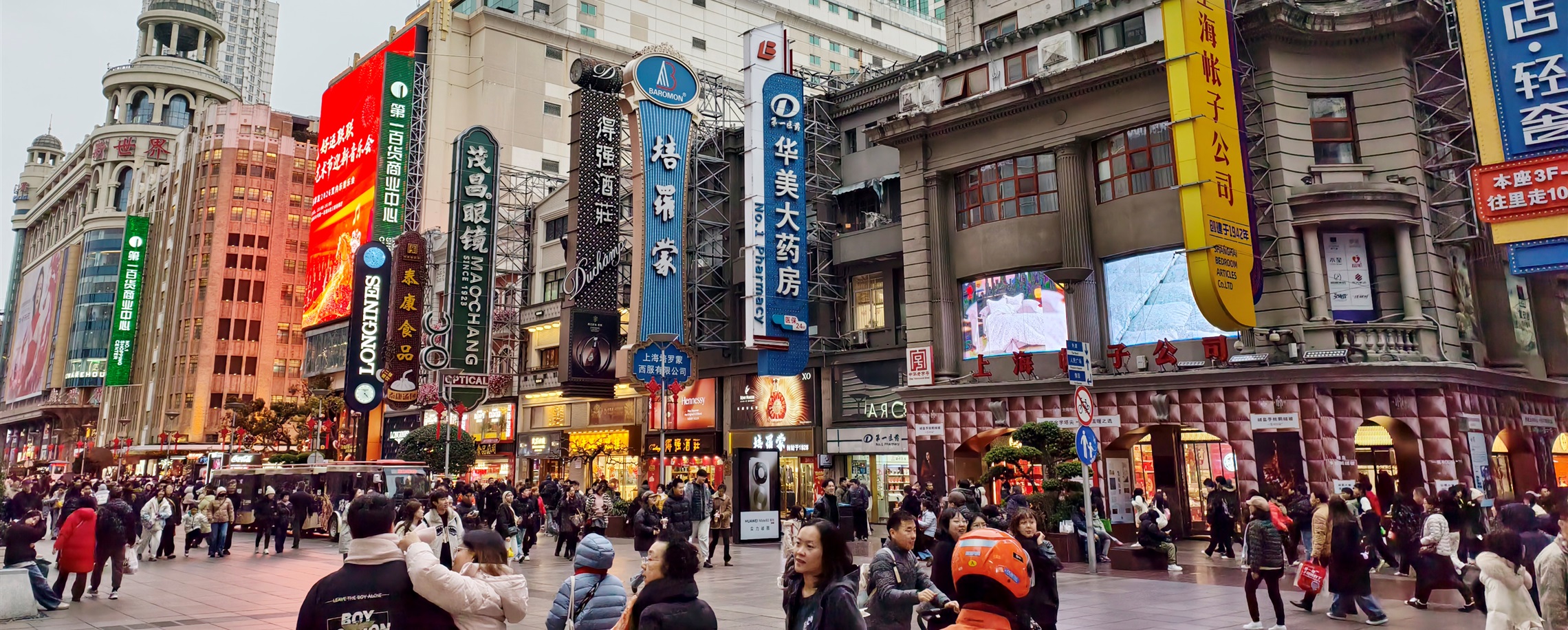
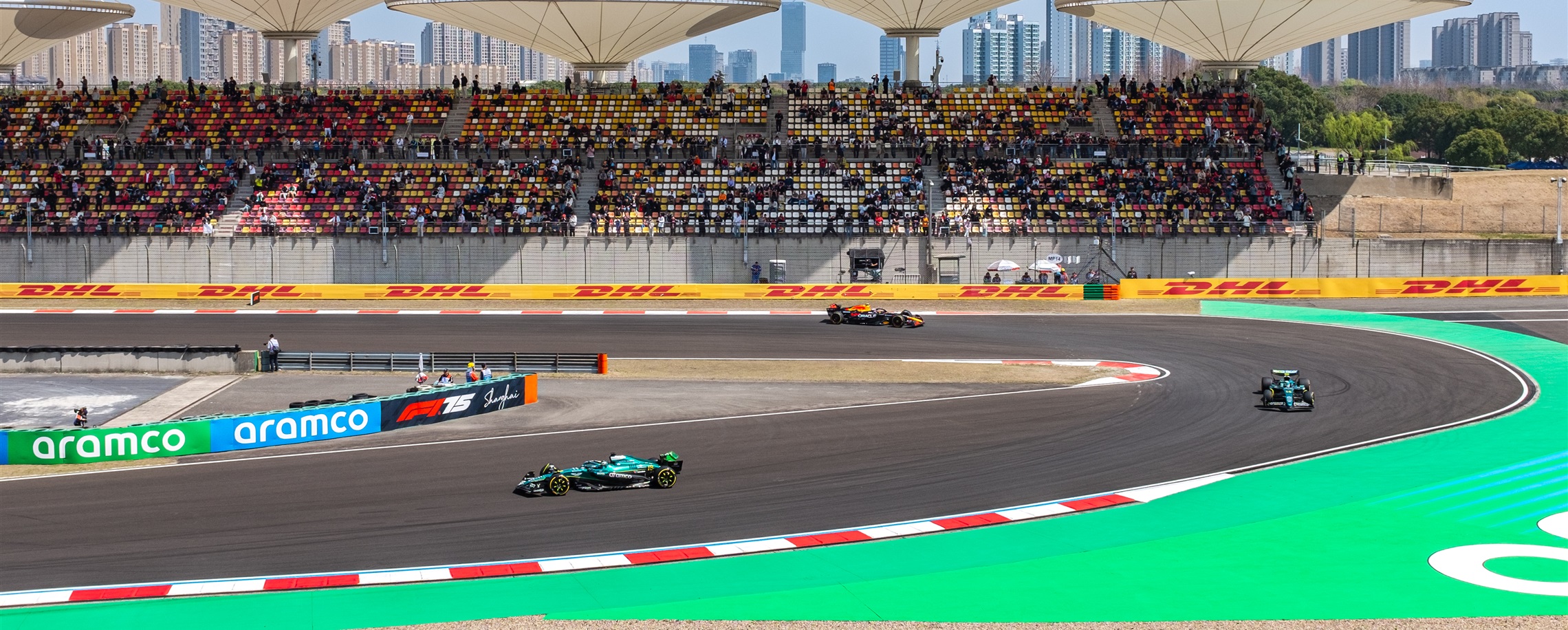
Popular Reads
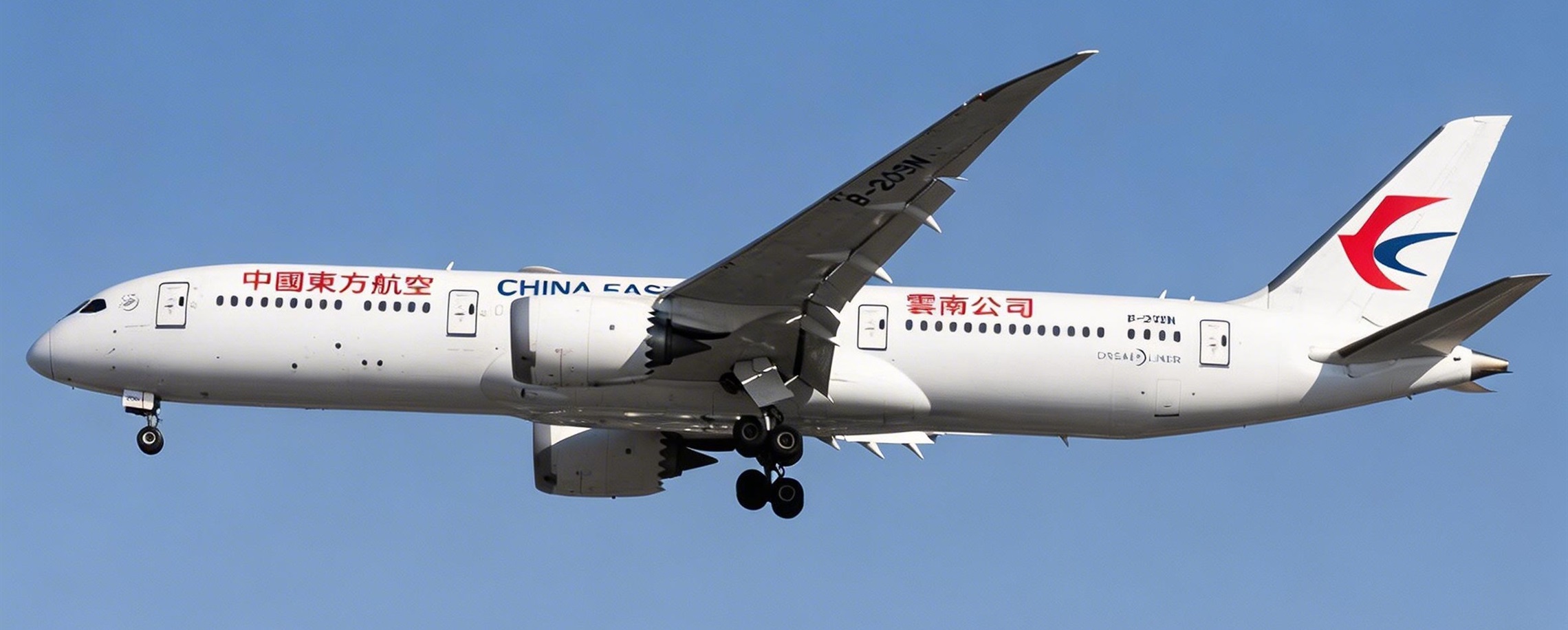
Mideast War Grounds Flights and Triggers Emergency Refunds
![[China Tech] Local Experts Develop Novel Gene-editing Tool for Autism](https://obj.shine.cn/files/2026/02/28/bcd42f01-b0ca-4dba-8779-c8b64434ecee_0.jpg)
[China Tech] Local Experts Develop Novel Gene-editing Tool for Autism

China-SCO Platform Launched in Shanghai to Tackle Metabolic Diseases
![[China Tech] Chinese Experts Develop World's First AI System With Traceable Reasoning for Rare Disease Diagnosis](https://obj.shine.cn/files/2026/02/25/115392ea-bbde-409c-b37b-af65d6db7c4e_0.jpg)
